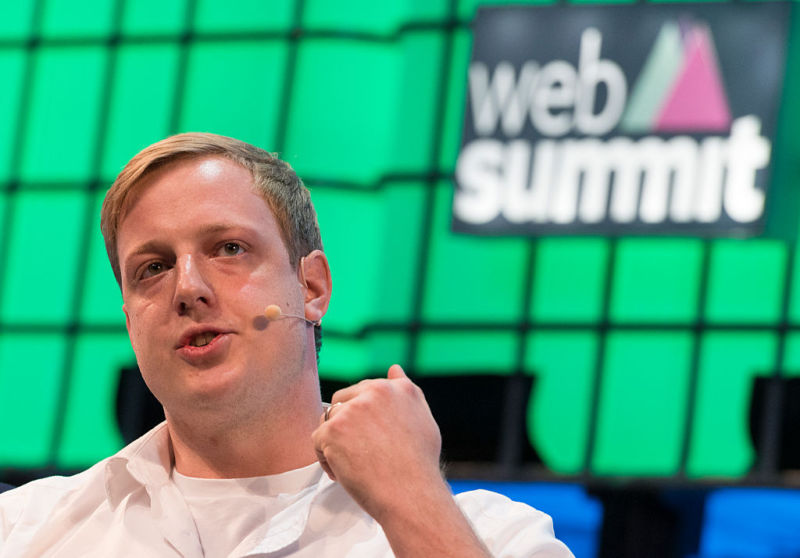
In the US, blocking online advertisements might land you in a heated debate. In Germany, you might have that debate in front of a judge.
Eyeo GmbH, the company that makes Adblock Plus, has been through no fewer than six court cases by publishers who say blocking online ads violates German law. The ad-blocking company has now won all of its cases at the district level, and one case has been through an appeal. Other cases continue through the German appeals courts.
The final lawsuit was brought by Germany's best-known media brand, Spiegel Online, run by the same company that owns the newsmagazine Der Spiegel. Yesterday, Eyeo disclosed that its lawyers were contacted by telephone to be told that the case against them has been dismissed. The judge's reasoning won't be known until a written decision is released later this week.
"Every single case wants to do the same thing," said Ben Williams, Eyeo's head of communications, in an interview with Ars. "They say we shouldn't offer a service that allows users to block ads."
The court case brought by Spiegel Online, like earlier claims, was based on the idea that the Eyeo business model violated Germany's unfair competition act.
Eyeo requires payment from large companies to have their ads white-listed, and it also insists the "acceptable ads" must conform to certain criteria. Typically, the payment is about 30 percent of the revenue generated by Adblock Plus users viewing the acceptable ads. According to Williams, the fact that Eyeo has such a revenue stream is what enables it to take on legal battles that benefit all ad-blockers.
"If they [German publishers] were able to, they'd shutter all the ad-blockers out there," said Williams. "They'd file similar claims, whether it's against Adblock Plus, uBlock origin, or a hobby developer making an ad-blocker in her basement. That would all essentially be illegal."
The one case against Eyeo that has been up on appeal, brought by publisher Axel Springer, resulted in a partial win for the publisher. Eyeo was ordered to change the way it offered to white-list the publisher's websites. However, the court still found that Axel Springer would have to comply with Eyeo's "acceptable ads" criteria in order to get the white-listing. That case is now being further appealed by Eyeo.
"Spiegel is a fantastic publication, despite our legal disagreements, and a journalistic observer of record in Germany," Williams wrote in the company's blog post. The post notes that Spiegel was known for publishing both Chelsea Manning's WikiLeaks disclosures as well as some of the Snowden documents.
Adblock Plus and Eyeo have been based in Germany since their creation, and the product has been popular there for years. About 15 to 20 percent of German Internet users are Adblock Plus users, according to an earlier court decision that quoted Adblock Plus internal data.
reader comments
176